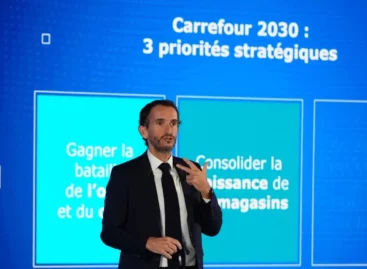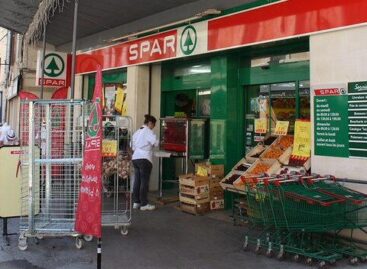In Hungary, approximately 20,000 businesses operate in the franchise system
According to estimates, more than 100,000 people are employed by franchise businesses in Hungary, which are characterized by the fact that they offer products or services connected to an established brand and a well-functioning business model. Large companies such as Spar, Duna House or Fornetti also operate in such a system – and the concept itself comes from the United States. Perhaps there is no other business solution that requires more mature communication and a relationship based on mutual trust – points out András Avidor, business development and networking expert. Has the crisis thrown off the spread of franchise networks that provide security in our country and how is it worth looking for partners for such an operating model?

Franchise solutions are typically more popular the hotter the ground under the entrepreneurs’ feet and the more uncertain the general economic situation: according to experience, in difficult times, units operating in a network have an 80 percent chance of survival, compared to 20 percent for those starting a business individually. It is no wonder that the opportunity seems attractive in turbulent times, since the ready-made brand value, developed image elements and established know-how can prove to be a huge advantage for franchise partners and can reduce initial costs. In exchange, however, we have to give up our independence and entrepreneurial freedom at many points, pay various fees related to membership, and expose ourselves to the fact that the inappropriate operation of other units of the network will affect our business as well.
Related news
Carrefour Unveils 2030 Strategy, To Focus On France, Spain And Brazil
🎧 Hallgasd a cikket: Lejátszás Szünet Folytatás Leállítás Nyelv: Auto…
Read more >Related news
MBH Analysis Center: The Hungarian economy may accelerate again in 2026, but the Iranian war carries serious risks
🎧 Hallgasd a cikket: Lejátszás Szünet Folytatás Leállítás Nyelv: Auto…
Read more >Focus on the domestic fishing sector at SIRHA Budapest
🎧 Hallgasd a cikket: Lejátszás Szünet Folytatás Leállítás Nyelv: Auto…
Read more >Together for the future: dm supports projects that also offer opportunities for volunteer work with 50 million forints
🎧 Hallgasd a cikket: Lejátszás Szünet Folytatás Leállítás Nyelv: Auto…
Read more >








